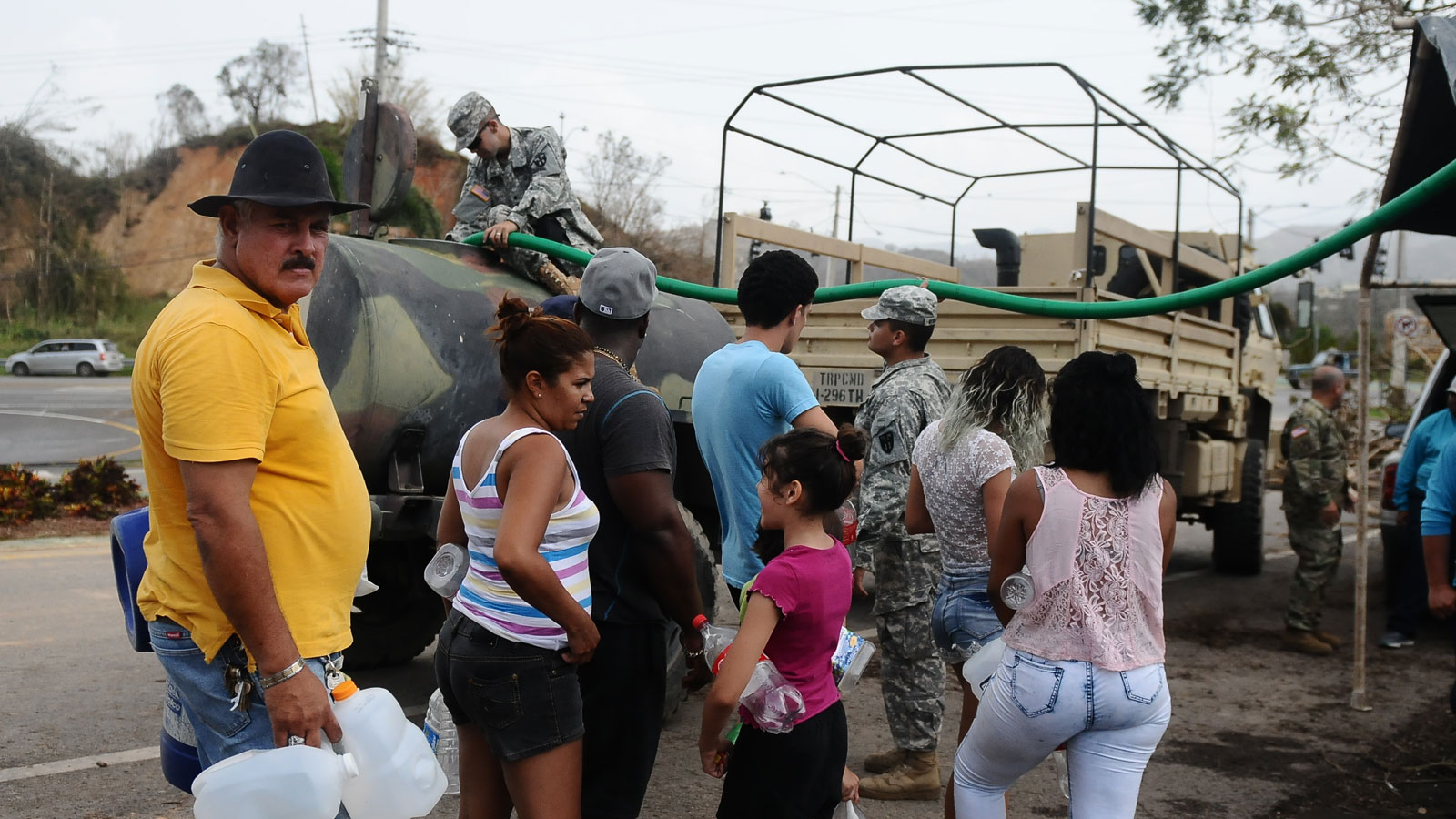After a hurricane ends, the work of rebuilding people’s lives begins. And it entails a lot more than just repairing buildings and roads.
“Extreme weather events can affect our mental health in multiple ways,” says Carissa Cabán-Alemán, a psychiatrist in Miami.
She says that after a disaster, people may struggle with problems such as difficulty sleeping, appetite loss, depression, and anxiety.
The risks are often higher in marginalized or low-income communities, where people may already have a high level of stress in their day-to-day lives and may lack access to mental health resources.
After Hurricane Maria, Cabán-Alemán went to Puerto Rico, where she’s from. She helped run workshops for local leaders eager to help their communities cope.
“We addressed basic psychological first-aid techniques, like how to work with the emotional responses and distress reactions after a disaster,” she says.
And at home in Miami, Cabán-Alemán helps patients prepare psychologically for more intense hurricanes and flooding.
“Any effort that can foster resilience for people to be more prepared, long-term, to deal with climate-related disasters is very helpful for them to feel empowered and more ready to face what might come,” she says.
Reporting credit: Sarah Kennedy/ChavoBart Digital Media


